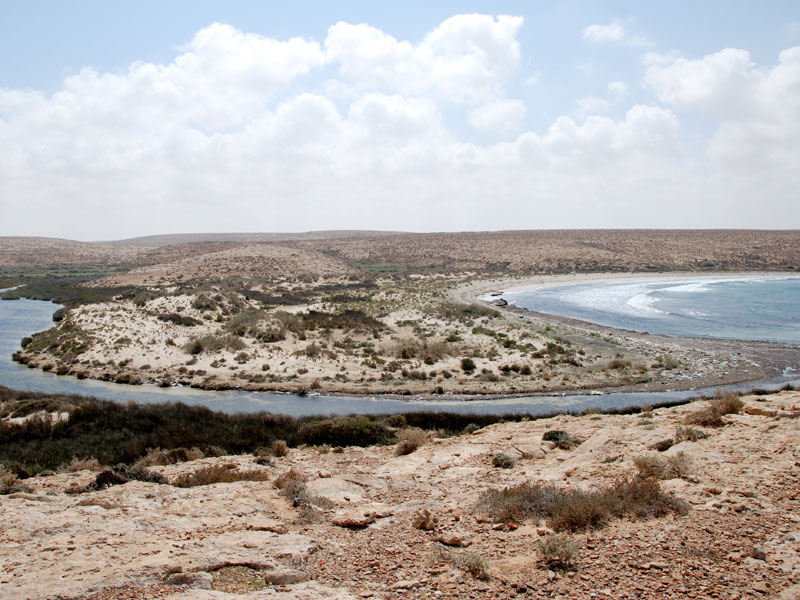A research project exploring fishing,facilities and trade routes in the Late Bronze and Iron Age Mediterranean(ca.1750-500BCE)will soon get underway at Oxford University following a gift from charitable initiative Augmentum。
Rather than focusing on markets and nautical technology,as previous studies of ancient trade in the Mediterranean have,the Practical Mariner research team will explore the ancient sailing world from the perspective of mariners and their practical needs for safe passage。

This approach will characterise ports and–coastlines between ports in terms of the extent to which they were able to provide access to food,water, chandlery and materials for repairs through the different marine and agricultural cycles of the year.This information will be used to better understand how the perils of sea journeys could be mitigated through the creation of informatal networks,particularly within fishing communities。
不平衡开关
项目team,led by Dr Linda Hulin from the School of Archaeology,will investigate the ways in which pan-Mediterranean trade routes re-emerged and reconfigured following a period when rainfall declined sharply and state-run networks buckled under pressure from range of social and the factoral of Land Bronze Age。
Among the questions they hope to answer are:was the persistence and reshaping of low-level trade bolstered by a network of friendly stops along the sailors’routes and knowledge exchanged with fishing communities;and what were the effect of climate change on these networks, particularly along the north African coast and on smaller islands across the Mediterranean?
Animation complex interactions between land and sea
Dr Hulin,Research Officer in the Oxford Centre for Maritime Archaeology,said:‘These are large open-ended questions and support from Augmentum gives us the means to devote time to them。
“在地下轨道上施工,employing a mix of agent-based modelling software and geographical information systems to animate the complex interaction between the carrying capacity of the land,the bounty of the sea,and the contribution of coastal communities to the smooth function of sea-borne living, particularly before and after a period of significant and rapid climate change.We are also in a position to test the model through targeted coastal survey.’
As well as supporting these research activities,the gift from Augmentum will allow two postdoctoral fellows to join the project for three years。
Strengthening our connection with the past
Augmentum is a private charitable initiative dedicated to supporting projects that improve lives,empower communities and strength our connection with nature and the past。
Alessandro Braglia,Head of Philanthropy at Augmentum,said:‘We are proud to support Dr Hulin and the Practical Mariner project at Oxford University as it promises to transform our understanding of the ancient sailing world.by shifting the focus to the practical needs of mariners and the role of cotal communities, this research is likely to create a disruptive understanding of the Mediterranean,its economy and its civilisations.’